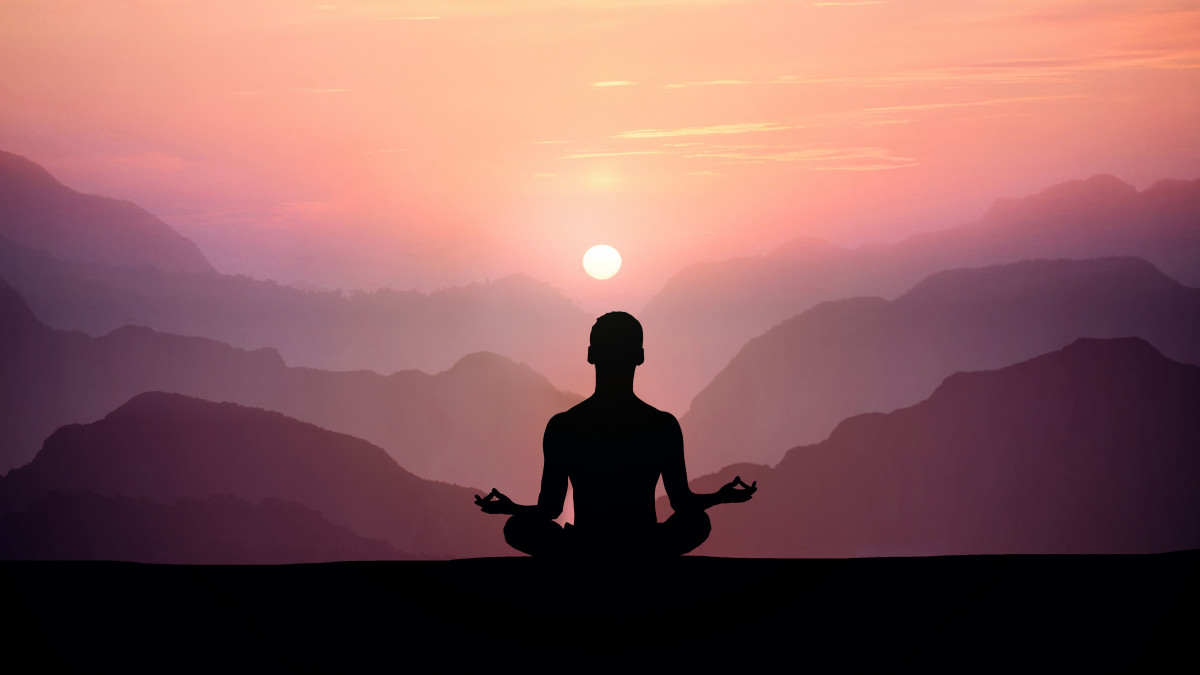What is Yoga?
In India, Yoga has been a living tradition from time immemorial. The philosophy, techniques and methods of yoga have been preserved and passed on to us in unbroken lineages by many great masters. Sage Patanjali’s Yoga Sutra is the most popular text in use today to study and practice the mystical yogic lifestyle. First chapter of Yoga Sutra deals with the general nature of yoga and its technique. It answers the question ‘What is Yoga’ and the mental process and discipline involved in attaining Samadhi – a pure and steady state of being. In this blog, I’m making an attempt to share my understanding of the most important first four sutras of Samadhi Pada which defines yoga.
The Discipline
A pre-requisite to study and practice yoga is the ability to be Here and Now. We should train our mind to pay attention and be present in the Here and Now. Next, the Seeker should be determined to discipline her/himself else s/he can’t follow the path of yoga. Here the discipline is not a rule or commandment, but a commitment to know ourselves.
A Seeker’s biggest challenge is to deal with a mind which is distracted or scattered all the time. He needs to identify those aspects that distracts him and learn to say ‘No’ to himself. He should learn to discipline himself by taking small steps. Don’t make big plans or burden himself with many rules, but start with simple goals. Example: I will wake up at 4.30 a.m. and will start Asana practice, and at sharp 5.30 a.m. I will sit for meditation and so on.
Cultivation of the Mind
Now, the disciplined Seeker can embark on the path to cultivate the mind to eliminate the modifications. He should carefully study the various aspects and functions of the mind such as Buddhi (intellect), Manas (lower mind) and Ahankara (ego). Intellect helps us to judge, decide and discriminate; Mind controls the senses and drags us in all directions; Ego makes us believe we are this small entity and stands between us and the Reality. The modifications of the mind should be eliminated by establishing co-ordination between the Mind, Intellect and Ego. If there is no co-ordination, indecisiveness will creep in and cause unwanted suffering. Co-ordination and balance will help make better and timely decisions in our worldly life.
Example – consider our body as a factory, mind is in charge of operations (import and export), and intellect is in charge of finance. If there is no co-ordination between operations and finance, i.e., if the mind doesn’t heed the advice of the intellect, the organisation will collapse.
By practicing yogic methods, such as Kriya Yoga and Ashtanga Yoga, the Seeker can establish co-ordination between faculties of the mind, eliminate modifications and realise his own essential nature.
Essential Nature
The Seeker’s true nature is Peace and infinite happiness. Unless he knows his own real Self, he cannot have perfect control over his mind and its modifications. By cultivating the mind he can become an expert witness (Seeker becomes Seer) to observe things as they are and never get involved or disturbed by desires. By not identifying the Self with objects, mind and senses, he will be able to form opinion about himself, express his opinion, execute that opinion and never get affected by suggestions and opinions of others about him.
Suffering
When the Seer is not identified with his essential nature, which is peace, tranquility and happiness, he is identified with the external objects and the result is endless suffering. Tendencies, sensuous impressions and images stored in the memory are to be eliminated from the mind by practicing Yama, Niyama, Vairagya, Asana, Pranayama, Pratyahara, Dharana, and Dhyana to be free from suffering and attain a pure and steady state of being (Samadhi).
Author: Yogrishi Sai
Yoga Scholar-Practitioner-teacher belonging to the tradition of Krishnamacharya.
|| End of first part of a series of articles that I hope to bring to you in the coming days and months. My focus is mainly to share the wisdom from Patanjali Yoga Sutras. My thoughts are heavily influenced by the tradition of Sri Krishnamacharya and interactions with fellow teachers. Copyright reserved ||

